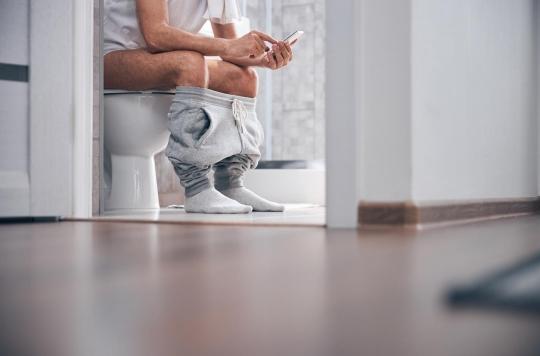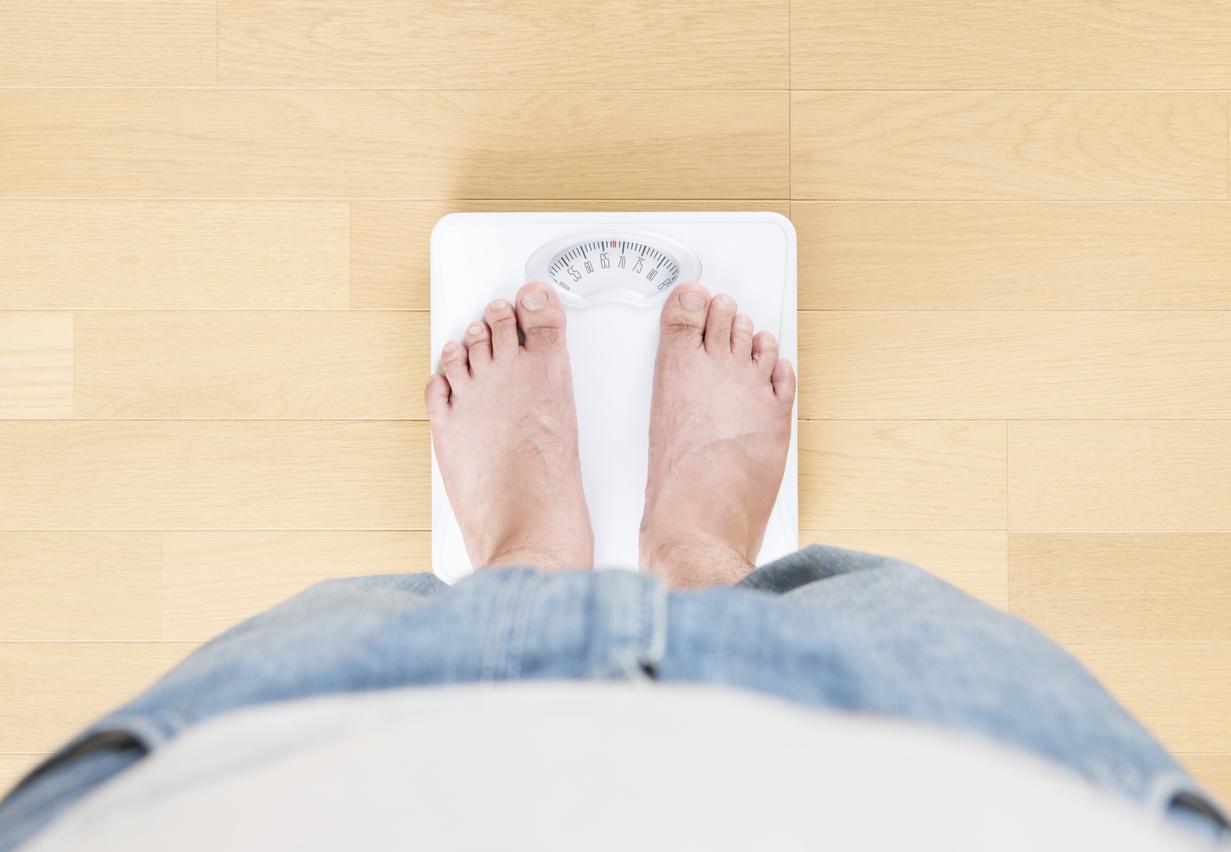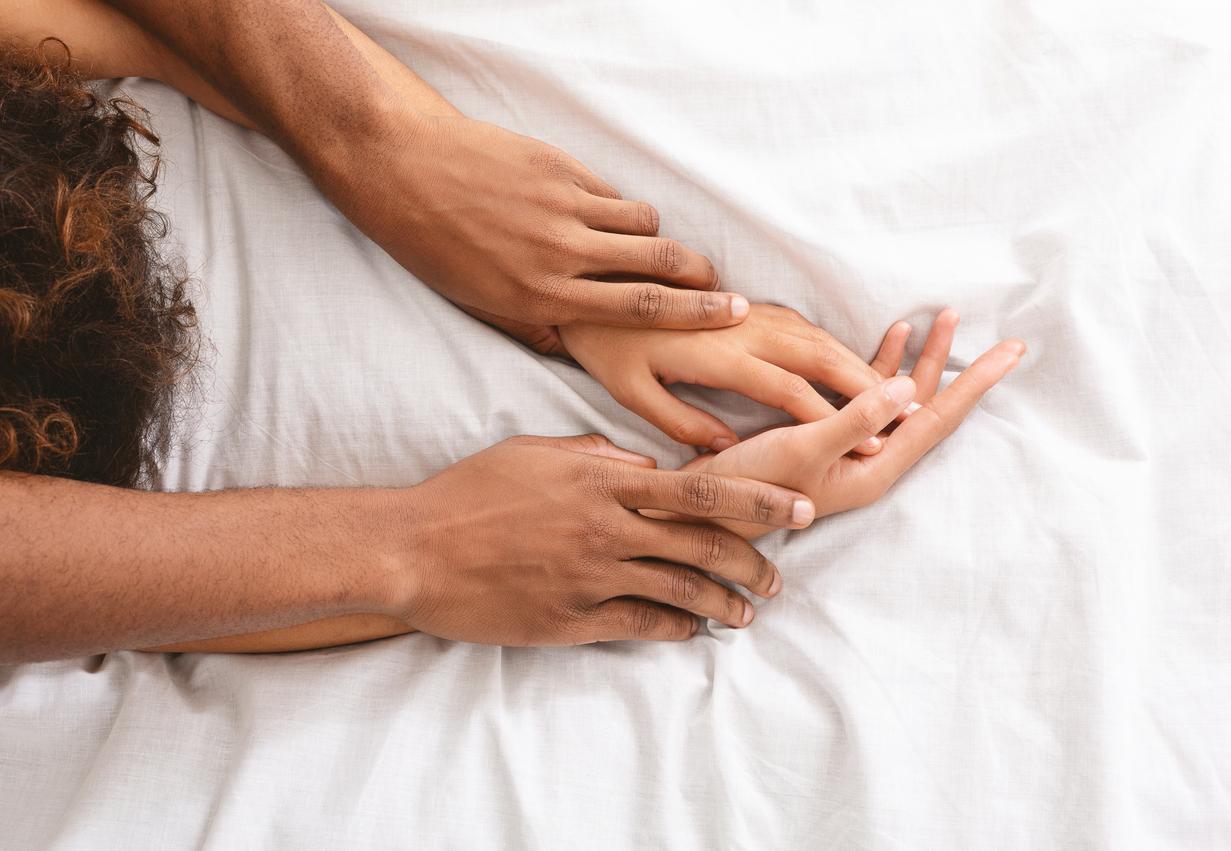Sitting urination would be better for men’s health, as it allows them to empty their bladders better.

- Certain conditions can prevent a person from completely emptying their bladder, such as damaged nerves and an enlarged prostate.
- Sitting is a good option for adults who may find it difficult to stand for long periods of time.
Many men have the habit of urinating standing up. Still, it’s best for them to pee while sitting down, according to researchers at Leiden University Medical Center in the Netherlands. In a study published in the journal Plos One in 2014, they showed that the position of the body during urination can have an impact on the maximum urinary output, the urination time and the post-void residual volume.
Scientists have found that urinating while seated is beneficial, especially for men with prostate problems, as this position allows them to pee more forcefully. When the participants were seated, the muscles in their pelvis and hips were relaxed, which made it easier to urinate.
Better empty your bladder
“When you sit down, you can use your abdominal muscles more, you get the last jets out and you feel like you’ve emptied your bladder better,” told the media Thrillist Dr. Jesse N. Mills, Associate Clinical Professor in the Department of Urology at UCLA. According to him, the sitting position is not ideal for everyone. It is recommended for people who cannot feel this feeling of emptiness after peeing.
Interviewed by the British newspaper The SunStergios Stelios Doumouchtsis, gynecology-obstetrics consultant, explained that if the bladder does not empty properly, “This can cause urine stasis (aka urinary retention) and lead to infections. As infections can lead to sepsis or kidney infections, if you have symptoms of incomplete bladder emptying you should see a specialist” .
bladder stones
According to the National Health Service (NHS), the United Kingdom’s public health system, men who cannot empty their bladder completely can suffer from bladder stones. “If urine remains in the bladder, the chemicals in the urea will clump together and form crystals. Over time, these crystals harden and form bladder stones,” can we read on his website.














